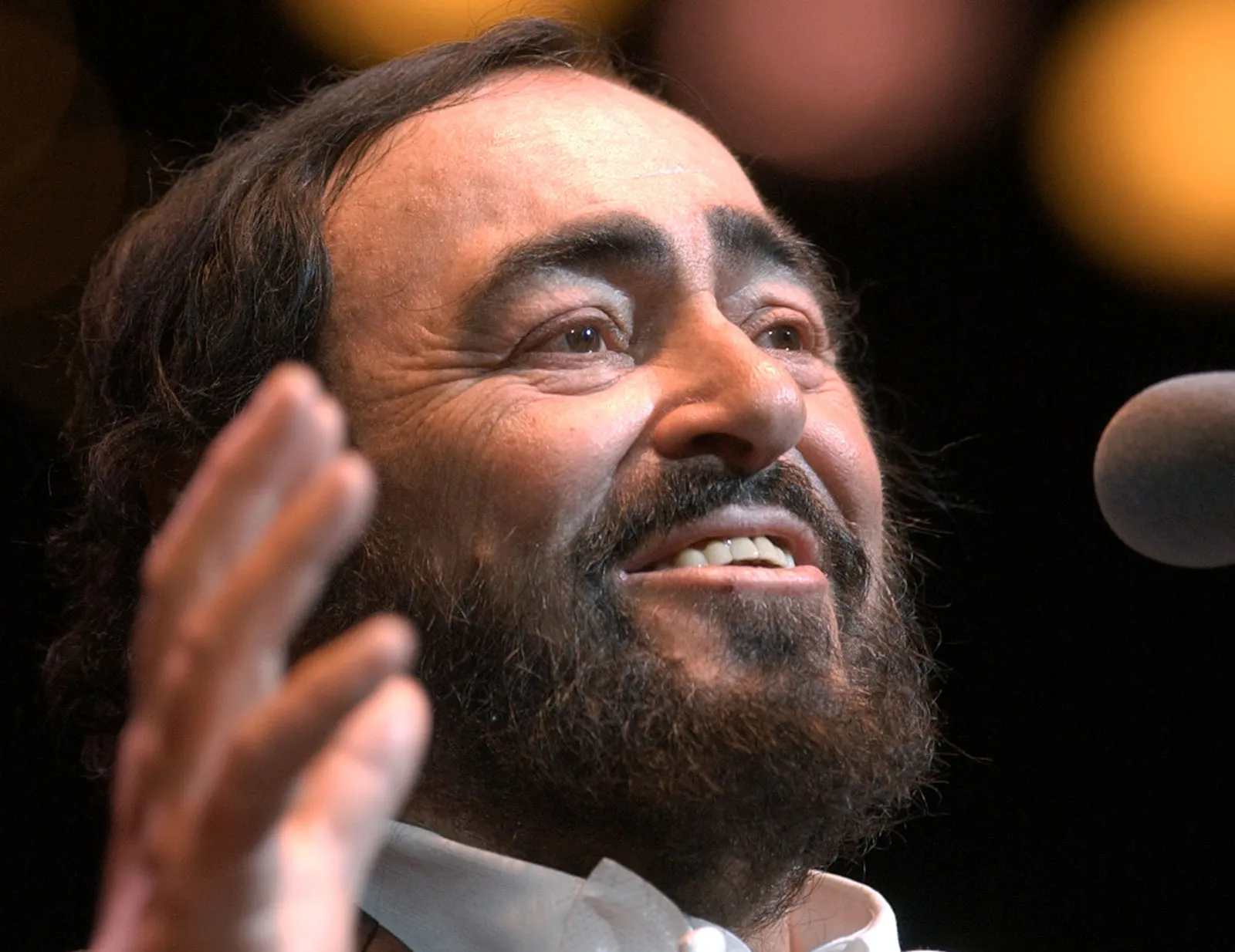Luciano Pavarotti, born on October 12, 1935, in Modena, Italy, initially embarked on a career in insurance before following his passion for singing. Inspired by his father Fernando, a talented tenor, Pavarotti honed his skills by imitating legendary singers like Mario Lanza during his youth. His journey into music began with the Rossini Choir in Modena, which achieved acclaim by winning first prize at the International Eisteddfod in Wales in 1959.
Although Pavarotti’s foray into film with “Yes, Giorgio” was deemed lackluster by the tenor himself, his life and career were immortalized in the 2019 documentary “Pavarotti,” directed by Ron Howard. This film offers insights into Pavarotti’s performances, interviews with the maestro himself, and discussions with key figures from his life.
Pavarotti’s professional debut in Puccini’s “La Bohème” in 1961 marked the beginning of a remarkable career. Signing with Decca in 1964, he recorded his first EP and made his American debut at the Miami Opera in 1965 alongside soprano Dame Joan Sutherland in “Lucia di Lammermoor.”
One of Pavarotti’s most iconic moments came in 1972 at the Metropolitan Opera, where his rendition of Donizetti’s ‘Ah Mes Amis!’ showcased his mastery of the high C’s, earning him the moniker “King of the High C’s” and prompting 17 curtain calls.
Beyond music, Pavarotti indulged his passion for food, often enjoying pasta before performances and even traveling with a personal kitchen on tour. His collaboration with José Carreras and Plácido Domingo as The Three Tenors garnered worldwide acclaim, with their 1990 Rome concert becoming the best-selling classical record of all time.
As Pavarotti’s fame transcended classical music, he formed friendships with luminaries like Princess Diana and Nelson Mandela and collaborated with pop icons such as The Spice Girls and Bono.
Pavarotti’s passing in September 2007 from pancreatic cancer marked the end of an era. His funeral in Modena was attended by 700 guests, including many famous personalities, and concluded with a poignant flypast as his rendition of ‘Nessun Dorma’ filled the air. He left behind his second wife and four daughters, leaving behind a legacy that continues to inspire and resonate with audiences worldwide.
